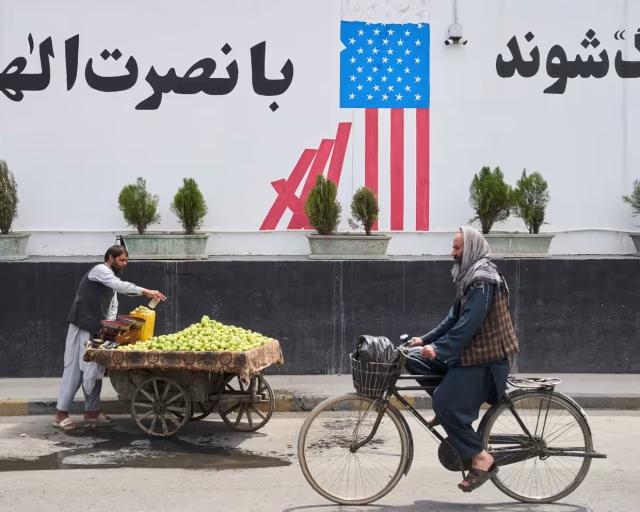Afghanistan, Haiti and Iran included in full 12-country ban and citizens from seven other countries partially restricted
Donald Trump’s latest travel ban on individuals from a dozen nations, primarily located in Africa and the Middle East, took effect at 12am ET on Monday, more than eight years after his initial travel ban caused significant chaos, confusion, and prolonged legal disputes. The recent proclamation, which Trump signed last week, “fully” prohibits nationals from Afghanistan, Myanmar, Chad, the Republic of the Congo, Equatorial Guinea, Eritrea, Haiti, Iran, Libya, Somalia, Sudan, and Yemen from entering the United States.
Additionally, the entry of nationals from Burundi, Cuba, Laos, Sierra Leone, Togo, Turkmenistan, and Venezuela will face partial restrictions. In contrast to Trump’s first travel ban in 2017, which initially focused on citizens from seven Muslim-majority nations and faced criticism as an unconstitutional “Muslim ban,” the new ban is more extensive, and legal experts anticipate it will endure legal scrutiny.
The announcement of this new travel ban was met with less outrage and protest compared to the initial ban in 2017. On Monday, the new ban seemed to be overshadowed by Trump’s ongoing immigration conflicts, including intense protests in Los Angeles regarding his deportation raids, which were followed by Trump’s decision to deploy the National Guard to the city, despite opposition from California’s governor. Notably, the newly implemented ban includes citizens from Haiti, a predominantly Christian nation.
During his presidential campaign, Trump vilified Haitians in the US, promoting the unfounded conspiracy theory that Haitian immigrants in Ohio were consuming people’s pets. Furthermore, the ban imposes stricter travel limitations on Venezuelan citizens, who have been repeatedly targeted by the White House in recent months, as the Trump administration’s abrupt deportation of Venezuelans in the US to a notorious prison in El Salvador ignited a significant legal battle. The ban is also projected to disproportionately impact African nations, with some citizens from the targeted countries expressing concerns about losing access to educational opportunities.

















